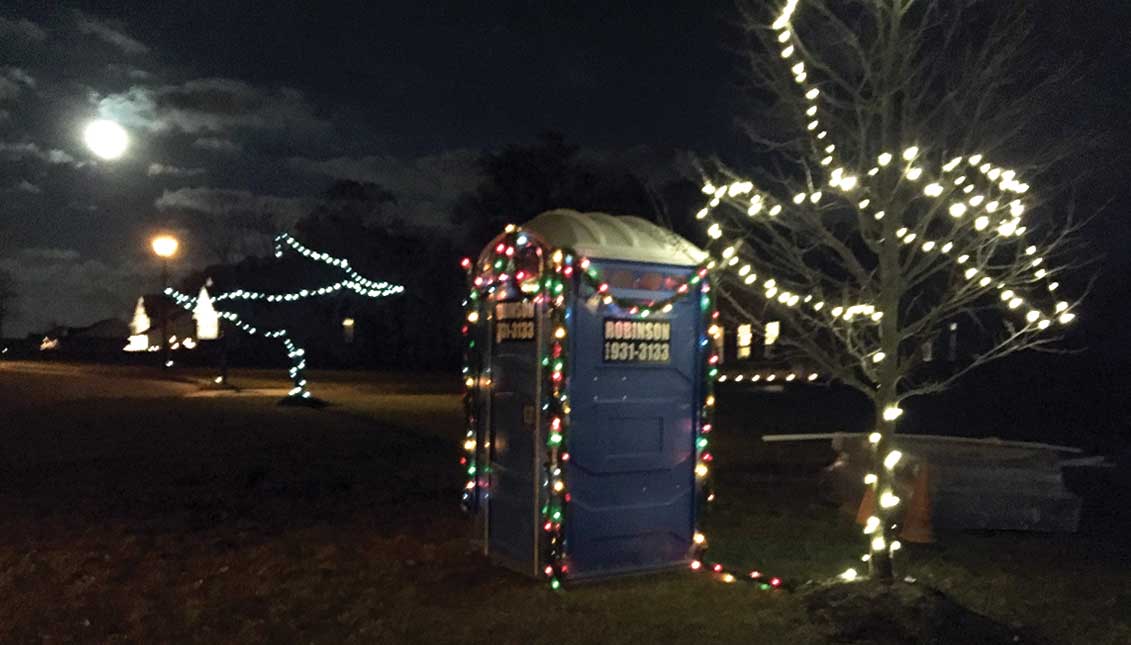
[OP-ED]: ‘Last Call’ For Errant Philly Stop&Go Operators?
The scourge of Stop&Go’s has existed for far too long in far too many Philly communities.
Stop&Go’s.
Beer delis.
Saloons-that-sell-candy-to-kids.
Stop&Go’s is the name many across Philadelphia derisively call these beer beverage selling, snack food peddling establishments, sited predominately in non-white neighborhoods that are too often magnets for mayhem.
Beer delis is the name that many operators of these establishments call their businesses, in part I believe, to deceptively deflect criticism of their business model that flouts Pennsylvania state liquor law prohibitions.
Saloons-that-sell-candy-to-kids is the name I use (and perhaps created) because daily operations at too many of these establishments too often resemble Ole Wild West saloons – complete with gunfire– because they are ‘bars’ that sell candy to kids.
Many of these establishments are legally able to sell beer beverages because the owners have a R-liquor-license. Guidelines for R-licenses from the Pa State Police Liquor Control Unit, that enforces the state’s liquor laws, states that R-licenses are “commonly referred to as a bar or tavern.”
All establishments with a R-liquor-license, according to the State Police Liquor Control Unit, cannot have “minors on the premises, unless accompanied by a parent or legal guardian.”
So, it is a violation of state liquor laws for Stop&Go operators to sell candy, snacks or anything else to children because their R-liquor-license prohibits children from the premises without their parent or legal guardian.
R-licenses even prohibit Stop&Go employees under age 18 “to handle or serve alcohol.”
Also, R-license prohibitions bar the sale of any alcoholic beverage, including beer beverages, to “persons under 21 years of age” – another complaint often lodged against errant Stop&Go operators. Further, R-license prohibitions bar “illegal drug use or drug sales on the premises.”
RELATED CONTENT
The claim by the Stop&Go operator’s organization that its establishments are ‘beer delis’ – not R-licensed bars – arises from the fact that there are E-licenses.
E-licenses, fewer in number than R-licenses, apply specifically to what the State Police define as “a delicatessen or corner store.”
However, the E-license, like the R-license, also prohibits children from the premises unless accompanied by an adult.
Of import for Stop&Go’s, the same operator requirements for R-licenses apply to E-licenses. Legally, Stop&Go operators cannot disregard state liquor law requirements that conflict with their chosen business model.
There are a bevy of Stop&Go problems that extend beyond errant operators to unruly customers.
Arguably, it’s not fair to hold operators absolutely responsible for all misdeeds of customers. However, its fair – and lawful – to require operators to absolutely follow all elements of state liquor laws.
Philadelphia’s City Council recently cracked down on errant Stop&Go operators using city business code regulation to force compliance with state liquor law requirements that beer/liquor sell establishments have seating for “at least 30” persons.
Weeks before the City Council action state legislators from Philadelphia were able to gain approval of measures that closed gapping loopholes in liquor law enforcement. Licensees are now subject to increased inspections. And, errant licensees face immediate license suspension for failure to follow liquor laws.
The privilege of owning a liquor license is not a free pass to run amuck for profit!











LEAVE A COMMENT: